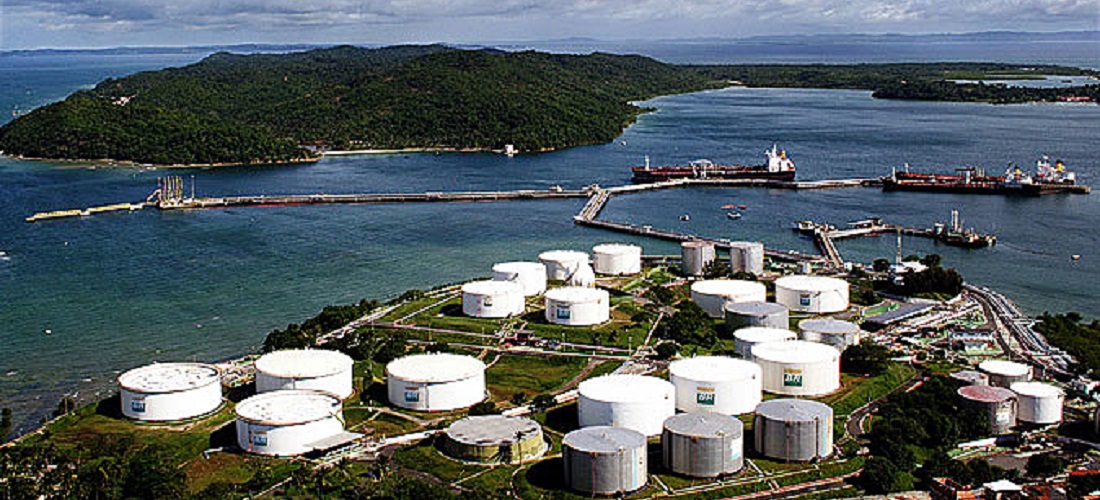
Privatized refinery favors exporting over providing fuel to vessels in Bahia
Feb, 11, 2022 Posted by Gabriel MalheirosWeek 202206
Since taking control of the former state-owned plant on December 1st, Acelen, the company that purchased the Landulpho Alves Refinery (Rlam) from Petrobras in São Francisco do Conde (BA), has stopped supplying fuel to ships passing through the Port of Salvador.
Even though the company, owned by the Arab investment fund Mudabala Capital, produces fuel oil for ships, the output is now being redirected for exports. As a result, vessels transiting the bay must now refuel at other ports.
“There is no fuel oil available at the Port of Salvador since Acelen took over the refinery. Therefore, a ship has to schedule a trip to another port to refuel“, summarized Carlos Augusto Muller, president of the National Union of Merchant Marine Officers (Sindmar), which represents commercial ships workers.
The Union of Shipping Agencies of the State of Bahia (Sindinave) reports that approximately 220 vessels pass through the Port of Salvador each month. Around 40 of those replenished their tanks while Petrobras and its subsidiary Transpetro were responsible for providing fuel.
Rlam produced this fuel. The refinery was then privatized and renamed the Mataripe Refinery. Following that, pipelines delivered the fuel to the Madre de Deus Terminal (Temadre), the largest waterway terminal in the Northeast region of Brazil. Then it was loaded onto barges, which transferred it to the vessels sailing at the bay.
Mudabala Capital purchased Rlam, as well as the pipelines and Temadre, in March of last year for US$1.65 billion, or approximately R$8.25 billion at the time. Since then, Petrobras and Acelen have been debating over the best way to transfer the responsibilities towards managing all these structures.
Acelen currently controls all this. Notwithstanding, Petrobras employees are still working and should continue to work at the refinery and Temadre until the end of February 2022, as part of a transition period.
Despite this integration, Acelen declared that it would be unable to continue supplying ships in the same manner as the state-owned company. “The purchase did not include the logistical assets required to sell Bunker Oil [fuel oil] to the local market,” clarified the company.
The company also stated that “it is making every effort to assemble the necessary infrastructure to provide this service as soon as possible, still in the first quarter of this year.” That is, until March 31st.
When questioned, Acelen did not detail how much fuel oil it produces and how much it is exported.
Source: Brasil de Fato
To read the entire original article, please access the link below:
-
Oil and Gas
Oct, 03, 2021
0
Fuel importers and distributors ask for ethanol import tax exemption
-
Grains
Jan, 14, 2025
0
Brazil Rice Imports from the Philippines Hit Record High in 2024 at 4.68M metric tonnes
-
Ports and Terminals
May, 06, 2024
0
Minister of Ports recognizes Pecém Complex green energy potential
-
Meat
Jul, 01, 2021
0
Brazilian beef gains market share in the US with Chinese demand for American beef



